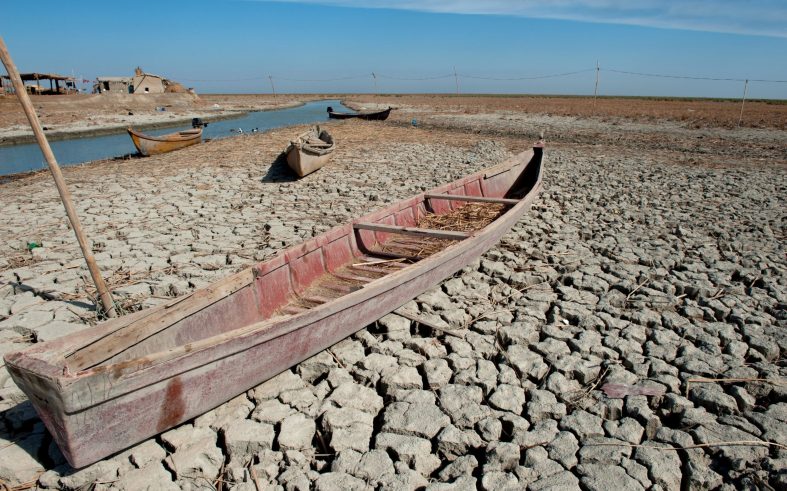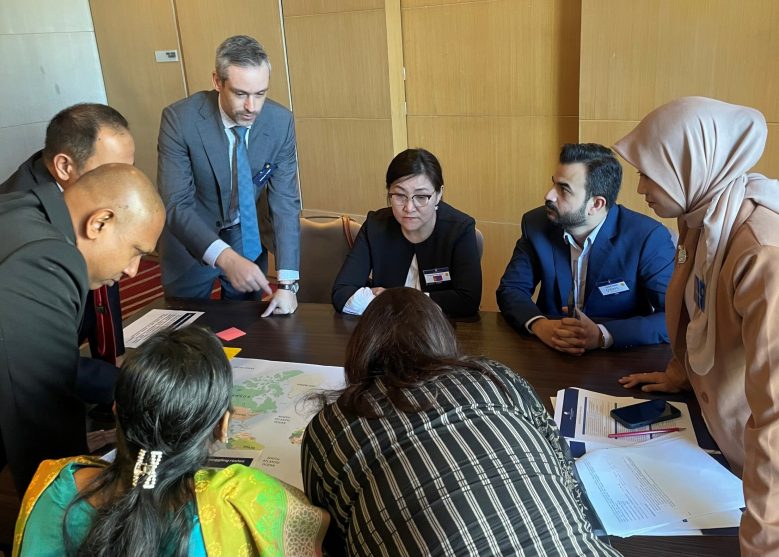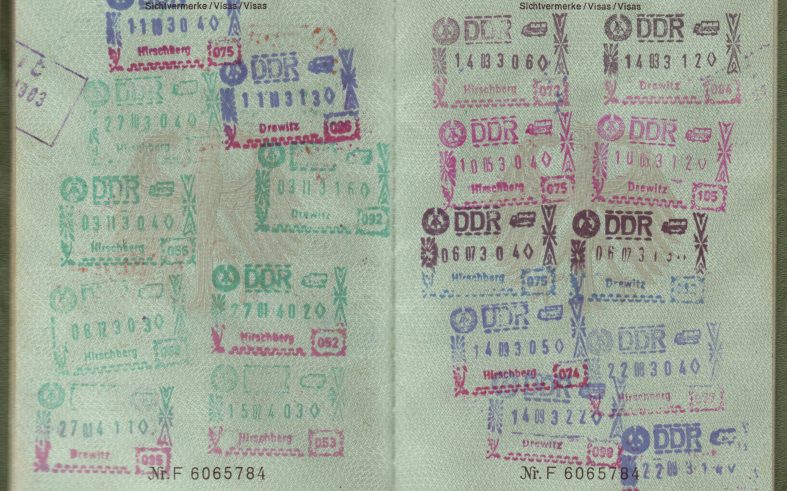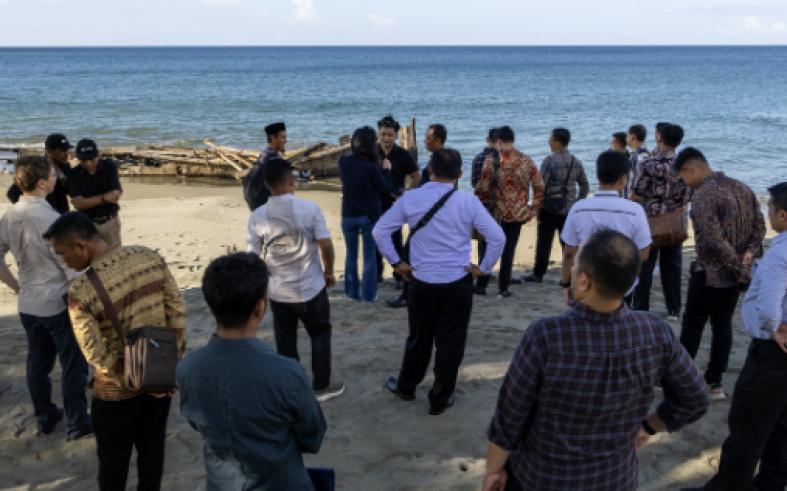
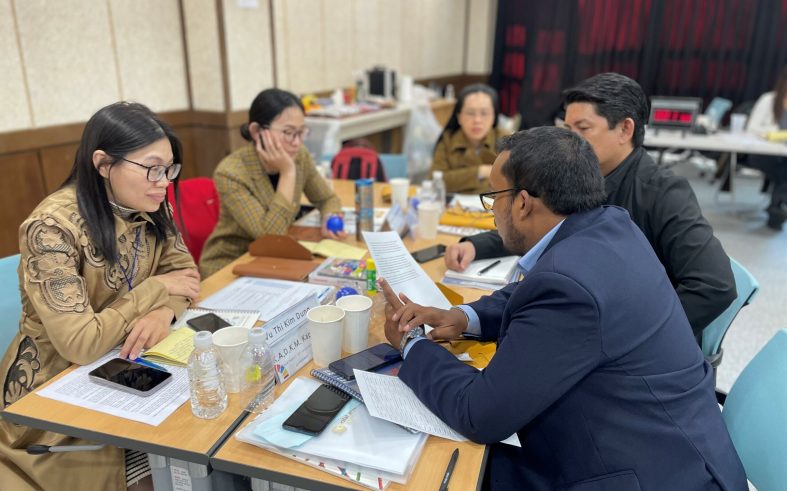
Countering Trafficking in Persons
Trafficking in Persons involves the use of deception, force or fraud to recruit, transport, harbour and ultimately receive and hold people against their will, with the aim of exploiting them for profit—through forced labour, marriage or sexual exploitation. This $150 billion a year global industry can take place both within, and across borders, and men, women and children of all ages and from all backgrounds and nationalities can become victims of this crime.
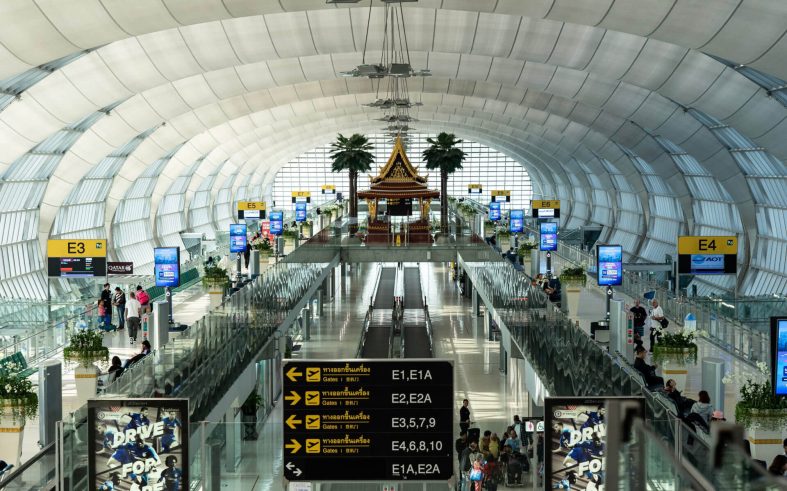
Countering People Smuggling
People smuggling, also referred to as the smuggling of migrants, refers to the facilitated, illegal movement of people across borders. Complex criminal networks take advantage of those seeking opportunities and a better life, charging high prices for dangerous and illegal journeys, with migrants extremely vulnerable to related forms of crime including trafficking.
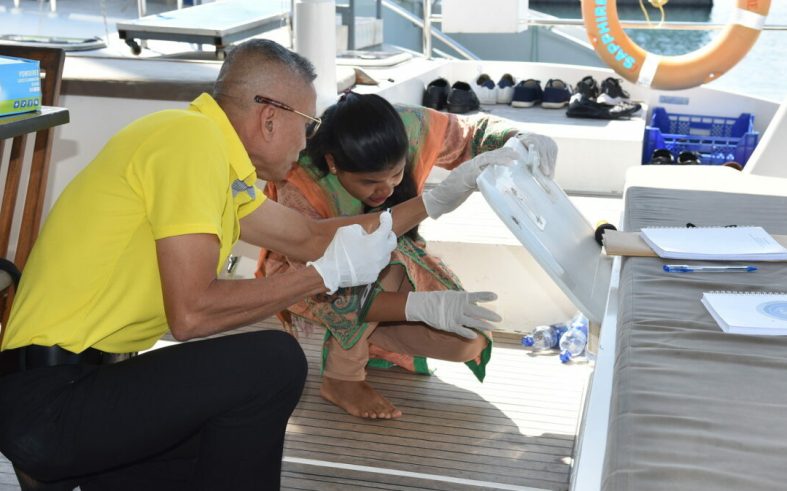
Transnational Crime and Technology
The links between transnational organised crime, irregular migration and technology continue to deepen as smartphones, social media and other new technologies become increasingly prevalent. Technology has become central to how governments and law enforcement, as well as organised criminal syndicates, operate.

Irregular Migration and Regional Priorities
A focus on research and enquiry enables the RSO to support Member States to identify regional priorities relating to irregular migration trends, and to develop strategies to enhance regional awareness and improve the knowledge base.
